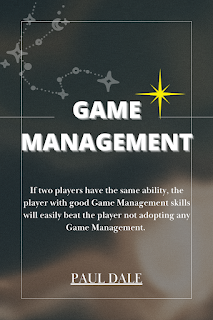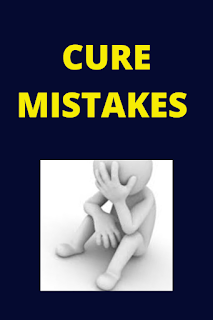IMPROVING YOUR GAME MANAGEMENT IN MATCHES

Many coaches believe that all points are the same, but in reality, there are normal and "Big" points. Your ability to distinguish normal points from the big points and take the necessary steps to win the big points more often than your opponent makes you much tougher to beat. The significance of a point can vary depending on the context of the game, match or set. For example, a point at 40-15 in a game may be less crucial than a deuce point, which can determine the outcome of a game. This ability to understand what is "normal" and what are Big points is called good Game Management. A player who understands Game management constantly adapts their shot selection choices throughout the match. Game Management has nothing to do with age, but everything to do with maturity Game Management also involves the score, match stage and a point's psychological impact on the opponent. If you're facing a Break Point near the end of a set, serving an ace to bring the score b...
.png)
.png)
.png)

.png)
.png)